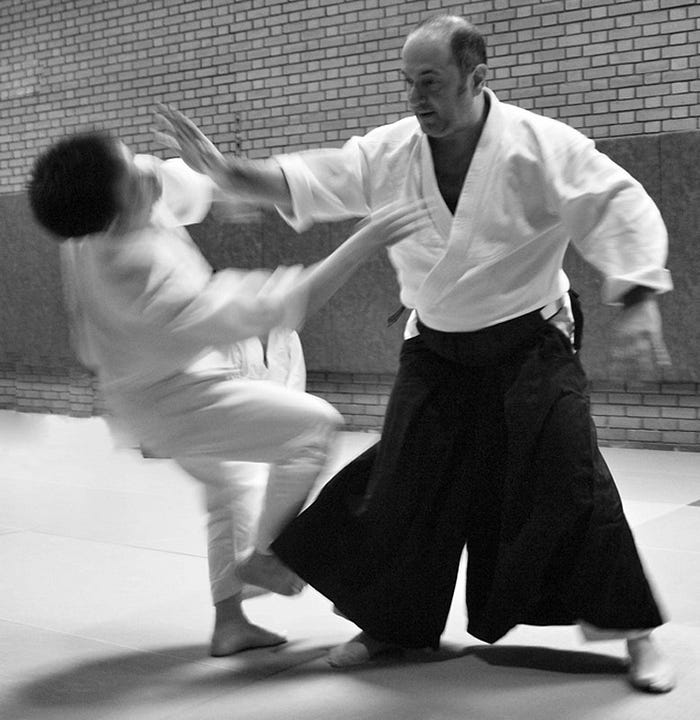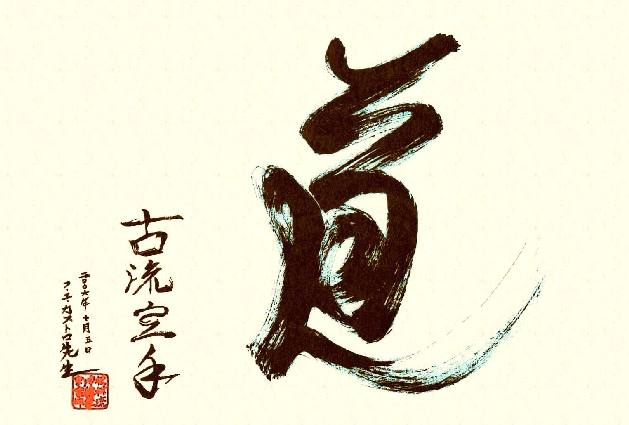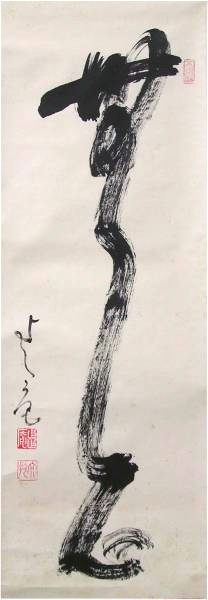Why Budo?

We all have a code. We all follow a set of moral precepts that tell us what to do and how to do it. Some set of values are more selfless than others, some are less human than others, but code we follow.
I’ve been an Aikido practitioner for well over eight years now. I never thought I would be a martial artist. Heck, I never did any martial arts until Aikido.
I started in the same way we start many things because a friend cajoled me. “It’s so you,” he said. “You need to try it, man, you’ll love it.” he insisted.
He was right. But to be honest, it wasn’t like that at first. What drew me to Aikido was pure and raw curiosity. It blew my mind to see it live, to feel it. I wondered how could you do those things, how could the human body be able to deliver such magic, my engineering mind was having a ball.

With time, I graduated from the physical and rational aspects and fell in love with the philosophy. It wasn’t the physical plane of the martiality what kept me there. It was the mindset behind it that grounded me, that resonated so much with my core values.
It shocked me. I was surprised to find that all these fuzzy martial arts code resonated so much with my life values.
As with many lessons in life, it didn’t just happen. In a way, it felt I was rediscovering values and precepts I had been following all my life but never put a word behind them.
The first one to strike a chord with me was the concept of Do or Way. I realized that, like many others aspects of my past, if I wanted to be good at Aikido, I had to invest. I had to invest on the every day, on the continuous and constant effort. I understood, early on, that this wasn’t something you did for six months and got away with it. Aikido is something that requires a lifetime investment.
Eight years might seem like a long time, but in Aikido terms, I’m a baby toddler, a toothless sac of fat that’s barely capable of standing up.

One notion kept me going, faith. Faith in the Do, in The Way. Faith in the idea of continuous improvement (忠義 chūgi). Faith that, no matter how I feel, how sorry I think I’m doing, you wake up each day, and you keep pushing, you keep going to class, you keep trying.
It dawned on me that this concept, that some people call constancy, others being plainly stubborn, was something I had been doing all my life. I did it when I wanted to learn a new language, when I got into teaching or when I discovered, a decade ago, I was an entrepreneur.
The ferocity of my concentration is sometimes scary. I can double down on something I want and do it to the detriment of the rest of my life.
Despite this intensity, Aikido taught me to relax, to calm down, to be humble. It was easy for me to get all psyched and think I knew it all. Just to be knocked down right after and taught I didn’t know shit. Every day, every class became a reminder that we should be humble.
Do you want to learn? You want to grow and become a better human being? Check out your ego at the door. There is no I; there is no Me, there is nothingness, there is Mu.

Growing in a martial art, or any Do discipline for that matter, solicits you to be brutally honest with yourself (誠 Makoto). To analyze why you’re doing what you’re doing, to be able to accept feedback and learn from it. You will never be perfect. Wham! There is no perfect. Wham! Live with it. Wham!
Now stand up, come again. No!, wrong leg. No! Don’t get hit. No! Don’t move. No! Wrong! No! Too much strength! No! Too much force! Again! Again! Wrong! Work on it.
Standing up, every time, and facing your demons, again and again, requires courage and bravery (勇 yū). It’s not for the faint hearted, that’s for sure. But it’s not bravado; it’s not about showing off, it’s about taking the courage to acknowledge you’re fallible, that you’re not perfect and never will be.
After a while, I became the senior student at the Dojo, the sempai. Part of my duties were to help new students understands the basics of Aikido. I felt overwhelmed. I didn’t know a thing; I still don’t. So with a big dose of honesty and humbleness, I started sharing my limited knowledge and experience.
But Alex, don’t train with me, I’m new, you won’t learn anything with me!
Oh, how many times I’ve heard that phrase. The truth is, teaching newcomers became one of the best teachers for me. It taught me not to judge people, to be patient (仁 jin). Some come for fun, others for the martial aspect, others because they want some exercise. There are myriad reasons why people come to class, and respecting them and understanding them is part of my job.
Once you step on the mat, we’re all the same. Once we step away from the mat, we’re all the same.
Some people are arrogant; others are shy, others have problems in their life. Once you step on the mat, we’re all the same. Once we step away from the mat, we’re all the same.
I learned long ago that training is the excuse. It’s not why we do Aikido. We use Aikido as a tool, to grasp, reinforce and enlarge a set of core life principles. Which means that on or off the Dojo, it doesn’t matter. I will respect you, in or out, on or off, today or tomorrow (礼 rei).

Aikido is life; it’s about balancing your life, being in harmony with what surrounds you. This requires you to understand what’s around, understand yourself and be one with those forces. It’s not easy; it’s not fast, it’s not perfect. What might look natural, isn’t.
It’s about doing (or not doing) the right thing at the right time. It’s about retraining our base impulses, about being better, about being wiser (義 gi).
Honor isn’t something you have; it’s something you earn.
The more patient, honest, compassionate and respectful you are, the wiser you’ll become. The wiser you become, the more people will respect you and honor you (名誉 meiyo).
Honor isn’t something you have; it’s something you earn. It’s not something that comes from you, but something that your students, your colleagues, your senseis bestow on you.
Life is not about fame and the glory. Not for me. It’s not about looking for the next quick fix that can get me published, photographed or on a TV show. It’s not about an interview I can brag about or that car I can parade as a token of my well-being.
Live righteously, treat people fairly, don’t judge, be humble and keep at it all your life. With luck, one day, when you’re old, you’ll become wise, loved and respected.
Smile, today it’s a beautiful day. Go out and enjoy life.
